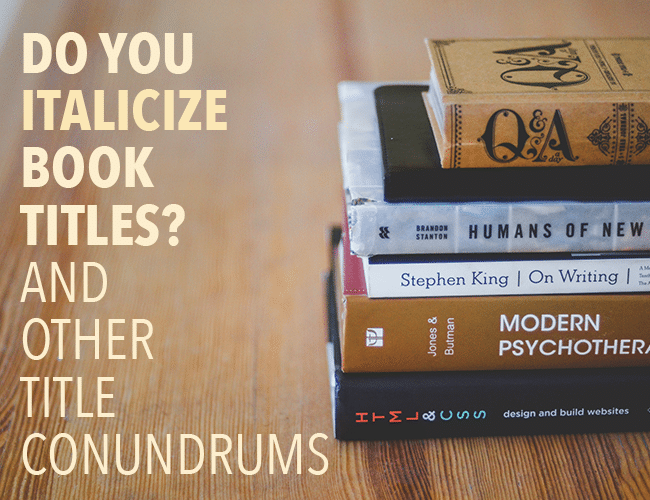
by Alice Sudlow |
Italics, quotation marks, underlines, plain old capital letters—when it comes to writing titles, the rules can feel like a confusing mess. Do you italicize book titles? What about movie titles? And for goodness’ sake, what should you do with pesky things like TV shows, short stories, or Youtube videos?
With so many different kinds of media, it’s easy to get lost in all the rules. Let’s demystify them, shall we?
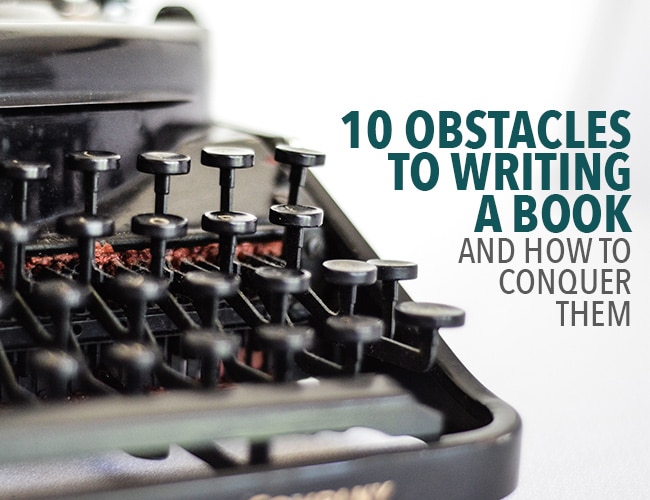
by Alice Sudlow |
What does it take to write a book? What obstacles will you face along the way? And if you’re already writing a book, are the challenges you’re facing normal?
Writing a book can be a fulfilling and personally rewarding process, but I think it’s also important to be honest about the challenges you will face. That way, you can prepare ways to overcome those obstacles rather than allowing them to overcome you.
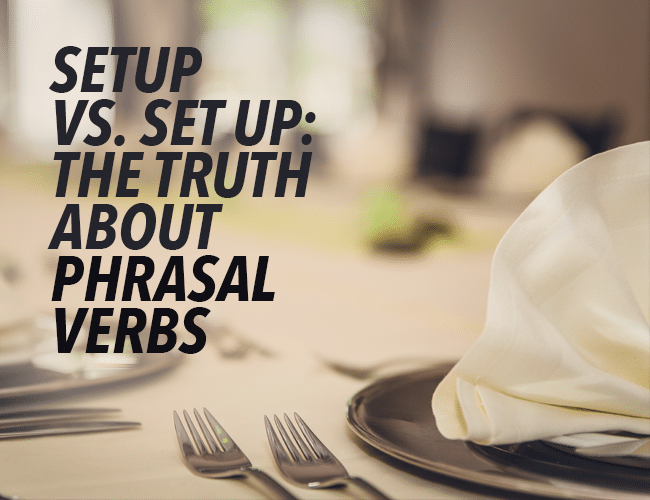
by Alice Sudlow |
Words in English are tricky things. They merge and morph, even little changes adding layers of new meaning. Don’t believe me? Here’s an area I see lots of people getting tripped up: setup vs. set up. Is it one word or two? And does it even matter?
Actually, it’s both, and yes, it does matter. Let’s take a look at why, shall we?
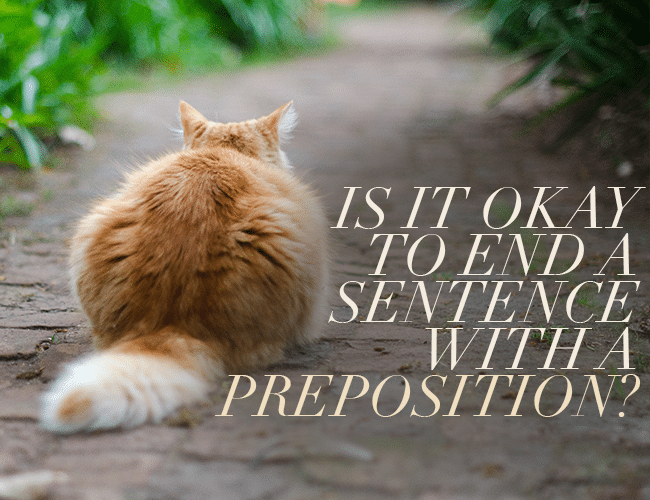
by Liz Bureman and Alice Sudlow |
Occasionally, we grammar enthusiasts need to take a step back and lighten up a little bit. While there are some grammar rules that are hard and fast (I’m looking at you, comma splice), sometimes there is wiggle room (like the controversial claim that you can split infinitives). Today, we’re tackling another wiggly rule: is ending a sentence with a preposition okay?
Well, guess what? I’m here to liberate your pens and tell you that it’s okay for your protagonist to ask her cheating boyfriend who he was just with.
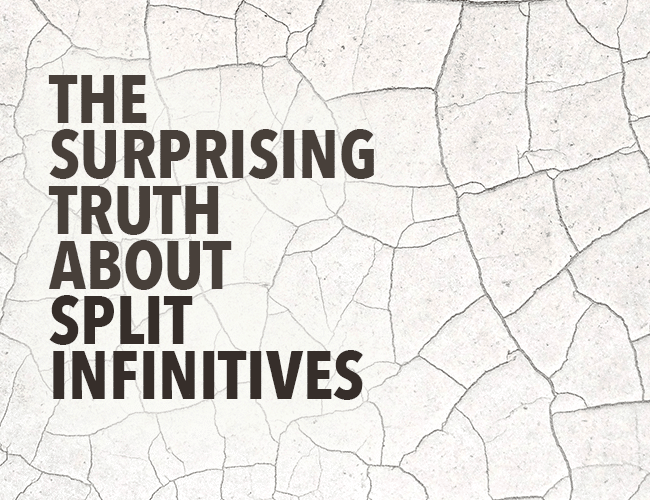
by Liz Bureman and Alice Sudlow |
Here’s a secret: I’ve never been explicitly taught not to split infinitives (or to not split infinitives?). Surprise!
If that statement’s a shocking pronouncement, or if it makes no sense at all, never fear. Let’s take a step back and look at the long, illustrious history of split infinitives.







